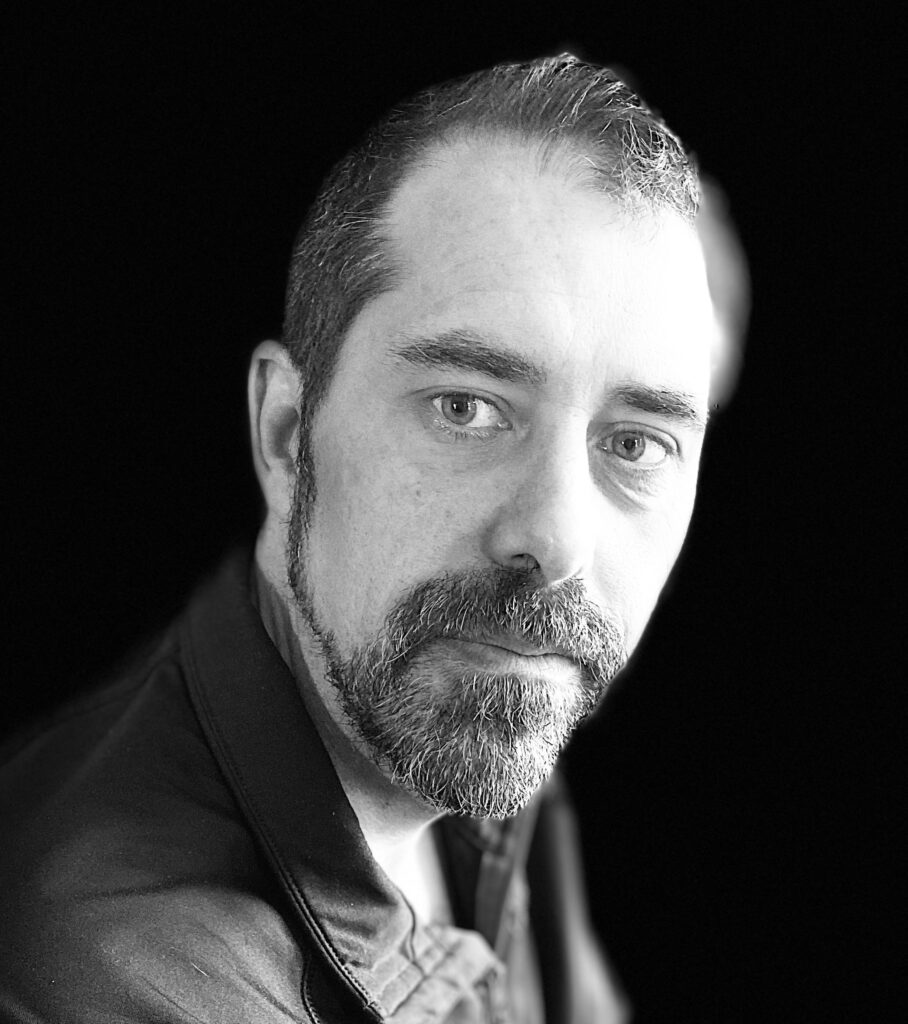
Your class is titled Future Thriving: Meeting the Challenge of Post-Growth Transition. What do you think is the most important thing for people to know about Future Thriving?
The course is about the planetary limits organised human life is breaching, the direct and indirect risks and consequences they are producing, and the attempt to transition toward a society focused on the well-being of people and planet rather than endless growth. I find all this simultaneously scary, fascinating, and inspiring. So, I think the most important thing to know about this course is that it’s not just an opportunity to better understand the problems we face, or attempts to develop solutions, but also to apply this understanding to yourself, your communities, and your purposes.
Given that we just set yet another record for hottest day, what do you think the climate movement needs to change to be successful?
I think there’s a dawning realisation that we can’t solve the climate crisis while we continue with business-as-usual. Genuine transformation is required, but so far governments lack the social license for such change, while most businesses are constrained by their financial duty to increase profitability. My hope is that we’re heading toward a social tipping point whereby real change can be countenanced. A part of that will involve recognising that a singular focus on climate change is itself a problem, and that we need to address the full range of planetary problems together.
What drew you to teaching in a community education context and what role do you think that community education plays in helping build communities resilient to disinformation?
Disinformation is a key term because Green Growth, the idea that we can reduce environmental harms while increasing economic growth, is serving a propaganda function for business-as-usual. Whilst many ostensibly laudable initiatives to reform industries, improve efficiencies, and introduce new technologies are being pursued under the banner of Green Growth, it’s important to appreciate that they are not sufficient to meet UN targets. Consequently, some critics are arguing that this is tantamount to a green-wishing kind of disinformation.
One of the interesting things about this disinformation is that there are people in positions of power who know the emperor wears no clothes but lack the mandate to say it. The public can help provide this. Imagine if more business leaders and politicians heard demands from an informed public! Imagine if they knew there was significant support for genuinely transformative change! And that’s why I care about community education.
In the past, I taught these issues to University students in the ivory tower of academia, and I loved doing that. But more recently, as I have consulted on climate change and sustainability, I have become more involved with activist organisations and public educational initiatives. I fervently believe that a just and resilient future will require a new civic mobilisation where we have a greater say in our economy, and community education is a great tool for that.
Why do you think people should register to take this class with you?
I think you should register if you’re concerned about our resilience in the face of the global ecological crisis and its political and economic effects. And I think you should register if you’re interested in navigating to a better future. And with me, you’ll find someone with decades of experience as an anthropologist, researcher, and educator, awarded for teaching in away that empowers students to take action and avoid apocalyptic despair. You’ll also benefit from the input of my colleague Sahra Kress, who is a midwife and advocate for a post-growth transition, who will engage with students on the psychological impact of recognising our planetary predicament.
Who is your favourite thinker on climate issues and what draws you to their work?
The thinker who may be most crucial to my work right now would be Jason Hickel. An anthropologist like me, his concerns exceed climate change, and focus on how human societies can transition to a way of life in which we meet our needs within environmental limits in a just and fair way. I recommend his book ‘Less is More: How Degrowth Will Save The World’. His work excites me because he doesn’t just diagnose problems, he also proposes solutions, and is a leader in a movement promoting them.
Register here.
